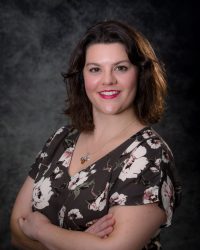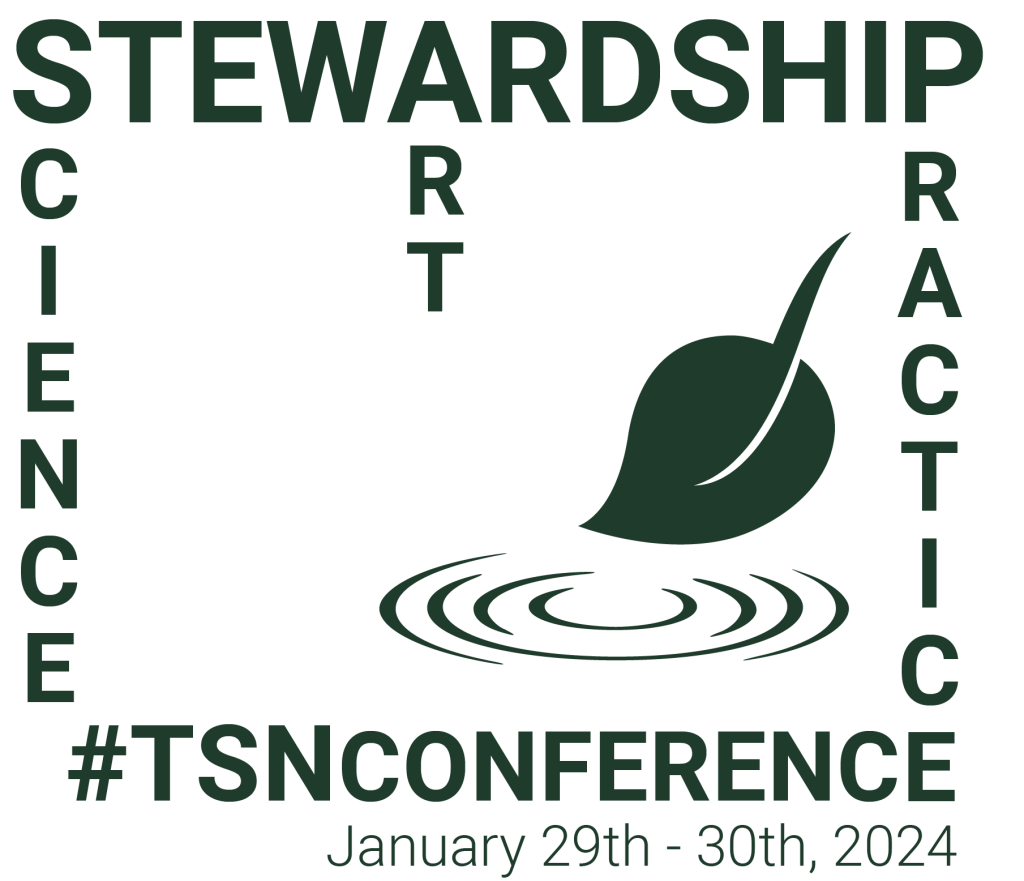In the 1930’s, the federal government rated neighborhoods according to risk for mortgage lenders. “Redlined” neighborhoods were those deemed “hazardous” for investors, a title determined largely by the proportion of non-white and immigrant residents living there at the time. Formerly “redlined” areas are now substantially hotter, on average, and with fewer trees than those ranked “desirable” due to longstanding disinvestment. These racist roots of modern urban and community forestry not only impact the tree canopy, but also residents’ receptiveness to new trees in their communities. This presentation will describe why residents in Detroit, Michigan submitted “no-tree requests” when offered free street trees and share lessons for how to engage marginalized communities equitably in the process of planting and caring for trees where they live. This presentation will also cover examples of how these equitable community engagement approaches have been applied elsewhere, like Ann Arbor, MI.
Tuesday, January 30th, 2024
1:50 pm - 2:50 pm
Presenters
 Christine Carmichael
Christine CarmichaelFair Forests Consulting LLC
Dr. Christine Carmichael holds a Ph.D. in Forestry with a Specialization in Gender, Justice, and Environmental Change and a Graduate Certificate in Community Engagement from Michigan State University. Dr. Carmichael has published high-impact research and consulted with numerous non-profit environmental groups and government agencies on ways to enhance multicultural partnerships, particularly in urban forestry, parks, and greenspace management. Her past work has included evaluation of community engagement programs for environmental organizations as well as workshops and presentations on how to measure success of urban greening and restoration programs with respect to diversity, equity, and inclusion. Dr. Carmichael is also a skilled facilitator with expertise in strategic planning and ensuring productive dialogue among diverse groups who have a stake in environmental programs.

